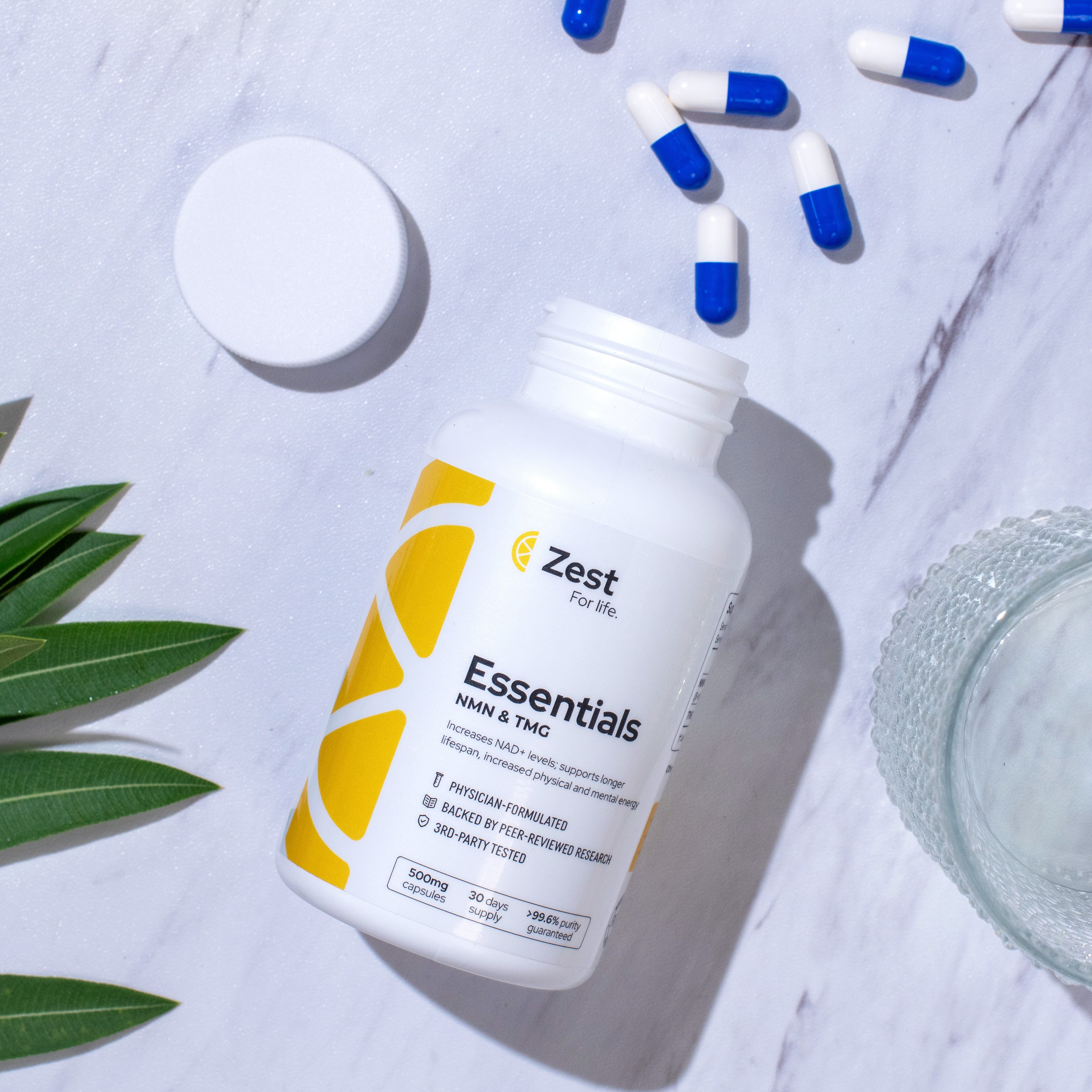Endurance Longevity Challenge

May Longevity Challenge - Endurance
It’s often said that exercise is the most effective longevity drug available to us. It allows us to lose weight, improves cholesterol levels, increases insulin sensitivity and reduces blood pressure. Exercise also protects against chronic diseases and age-related decline, improves mood and focus, and best of all it is free and accessible to everyone!
Every form of exercise has its own unique benefits, but low-intensity endurance training (also called aerobic or ‘Zone 2’ cardio) has perhaps the widest range of impacts on multiple different body systems. Not only does it improve cardiovascular function, it also has immense benefit to brain function and metabolic health which cannot be achieved by other exercise modalities. Low-intensity training is a common exercise modality amongst triathletes and marathon runners, who typically follow an 80:20 protocol, devoting 80% of their time to Zone 2 and 20% to training at higher intensities. For these reasons, it is accepted that low-intensity Zone 2 training (heart rate around 60–70% of your maximum, usually around 120–150bpm) deserves a central role in the protocol of anyone looking to optimise their healthspan.
The challenge
This month is all about endurance training. We are challenging you to run, cycle or swim a long distance of your choice, spread across the entire month so that you have time to build up your aerobic base. All of these forms of exercise are well-suited for maximising the time your heart rate is in Zone 2, and should allow you to work steadily without increasing your heart rate into high intensities. We’ve designed three different challenge tiers suitable for various levels of fitness, but if you feel you can do more than the targets we’ve set then we’d love to see your stats!

You can choose to solely run, cycle or swim your way to these targets, or do a combination of all three. For example, you could run for the first week, cycle the next week, and swim the week after that. We’ve calculated the distances using the standard triathlon ratios, so the level of intensity should be equal across all modalities.
Science-backed benefits of endurance training
- Across multiple studies, runners have been found to live on average 3-4 years longer than non-runners and have a 25-40% lower risk of premature mortality [1, 2].
- Aerobic exercise releases BDNF, a compound that powerfully enhances focus, energy, mood and concentration, and has long-term benefits for memory and overall brain health [3].
- This is likely due to the unmatched benefits aerobic exercise has on cardiovascular fitness and metabolic health, which results in a reduced risk of heart disease, stroke, diabetes, cancer and numerous other chronic and age-related diseases [4, 5].
- Aerobic exercise can powerfully improve your VO2max which (as discussed in our February longevity challenge blog) is one of the most effective measures of longevity and general health [6].
- Unlike other forms of exercise, endurance training brings additional unique benefits for the immune system and cellular aging processes [7].
- Running for 30 minutes each day has been linked to better sleep, improved focus, improved concentration and higher energy levels [8].
- Regular exercise significantly reduces the risk of age-related cognitive decline and helps prevent forms of dementia including Alzheimer’s and Parkinson’s disease [9].

How much endurance training should you aim for?
Any amount of exercise is better than none at all, but endurance training improves health and prevents age-related decline in a dose-dependent manner, so every extra that you do will have a positive effect [10]. It’s also been shown that these improvements can come at any stage of life, so it’s never too late to start [11].
Physician and longevity expert Peter Attia suggests that 2 hours a week of Zone 2 exercise (which you’ll likely achieve at the intermediate level of this month’s challenge) is a good start, but he recommends 3-4 hours a week (in line with the advanced level of our challenge) to optimise your body for long-term health and longevity [12].
A large, long-term study of over 400,000 people found that health benefits only really begin at 90 mins/week of cardiovascular exercise [13], while more recent research suggested that 2.5–5 hours of cardiovascular exercise per week may be optimal for long-term health benefits [14].






